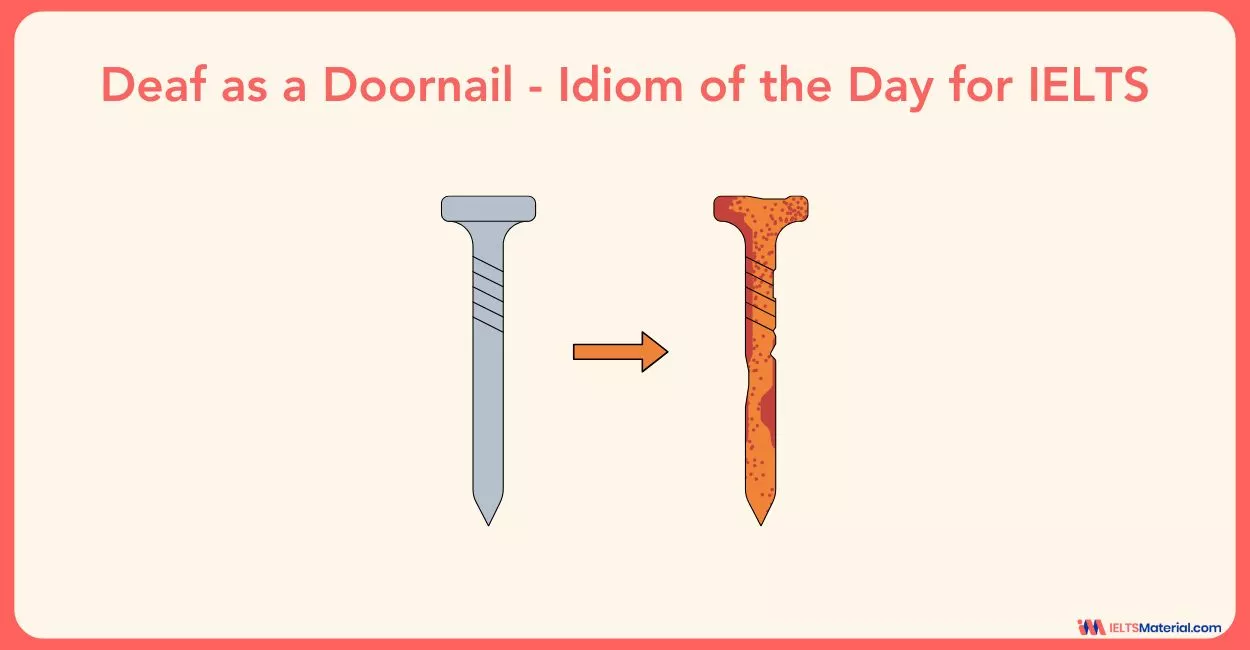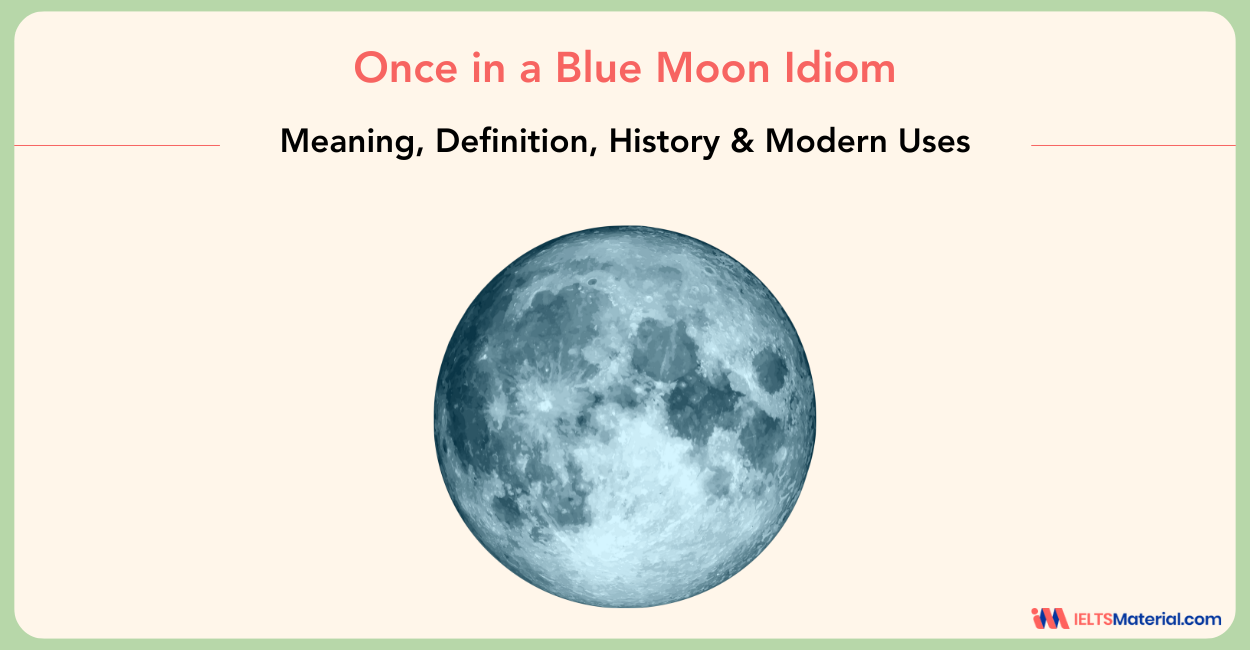The Most Common Idioms to Boost Your IELTS Score – Topic: Honesty and Fairness
5 min read
Updated On
-
Copy link
Boost your IELTS Speaking and Writing with the most common idioms related to honesty and fairness. This guide features definitions, real-life examples, and practical tips to help you sound more fluent and improve your IELTS vocabulary range.
Table of Contents

Limited-Time Offer : Access a FREE 10-Day IELTS Study Plan!
In both IELTS Speaking and Writing, showcasing a range of vocabulary is essential for achieving a Band 7 or above. One powerful way to do this is by using idiomatic expressions, especially those related to honesty and fairness. These idioms help you express opinions more clearly and naturally, making your communication more effective.
In this blog, we’ll explore essential idioms related to honesty, fairness, and direct communication, with updated explanations, real-life examples, and practice exercises to help you use them confidently in your IELTS Speaking test.
Idioms about Honesty, Fairness, and Being Direct
1. Above Board
Meaning: Legal, honest, and transparent.
Example: Their business dealings are completely above board, with nothing to hide.
IELTS Tip: Use this idiom to describe ethical practices in business or government.
2. Not Beat Around the Bush
Meaning: To speak directly and clearly, without avoiding the main point.
Example: Don’t beat around the bush — just tell me whether I passed or not.
Related Forms: Not beat about the bush (British version)
3. Below the Belt
Meaning: Unfair or hurtful remarks, especially during an argument.
Example: That comment about her weight was way below the belt.
Origin: Comes from boxing, where hitting below the belt is illegal.
4. By Fair Means or Foul
Meaning: To try everything possible — even dishonest methods — to achieve something.
Example: He’s determined to get that promotion by fair means or foul.
Usage Tip: Often used negatively to show ruthlessness.
5. Call a Spade a Spade
Meaning: To speak openly and honestly, even if it might be uncomfortable.
Example: I admire people who aren’t afraid to call a spade a spade.
IELTS Use: Great for discussion topics about leadership, ethics, or social issues.
Want to master more high-band IELTS vocabulary for the IELTS exam? Book a Free Demo Class today.
6. Come Clean
Meaning: To admit the truth about something, especially after hiding it.
Example: She came clean about lying on her resume.
Formality: Neutral; useful in both Speaking and Writing.
7. Fair and Square
Meaning: In an honest and just manner.
Example: He won the election fair and square, with no cheating involved.
8. Keep Your Nose Clean
Meaning: To behave well and avoid getting into trouble.
Example: If you keep your nose clean at university, you’ll have no problems.
Formality: Informal. Good for IELTS Speaking.
9. Lay Your Cards on the Table / Put Your Cards on the Table
Meaning: To be honest about your thoughts, intentions, or feelings.
Example: Let’s lay our cards on the table — we can’t afford this project.
Origin: Refers to card games where showing your hand represents openness.
10. A Level Playing Field
Meaning: A fair situation where everyone has an equal chance.
Example: All candidates should compete on a level playing field.
Variants: Even playing field
Grab the newly launched Vocabulary for IELTS to level up your preparation.
11. Move the Goalposts
Meaning: To unfairly change the rules or expectations after someone has started.
Example: Every time I meet the requirements, they move the goalposts.
Also Seen As: Shift the goalposts
12. On the Level
Meaning: Honest, trustworthy, or genuine.
Example: Are you sure this deal is on the level?
13. Stab Someone in the Back
Meaning: To betray someone who trusts you.
Example: She was shocked when her friend stabbed her in the back.
IELTS Use: Suitable for Part 2 stories or Part 3 discussions about relationships.
14. To Someone’s Face
Meaning: To say something directly to someone, especially if it's unpleasant.
Example: He insulted me to my face, without hesitation.
How to Use These Idioms in IELTS?
These idioms work well in the following IELTS scenarios:
- IELTS Speaking Part 2 (Cue Card): Describe a situation when someone was honest or dishonest.
- IELTS Speaking Part 3: Do you think honesty is always the best policy?
- IELTS Writing Task 2: Some people believe honesty should always come first in public life. Discuss both sides.
Example in IELTS Speaking:
"I think it's important to keep your nose clean at work, especially in your first year. It shows reliability and professionalism."
Practice Exercises
Exercise 1: Fill in the blanks
Use words from the idioms above.
- I’ll put my cards on the ________ and admit I made a mistake.
- We got the contract ________ and square — no bribes or tricks.
- He tends to beat around the ________ instead of facing issues.
- It wasn’t fair — she made a remark that was completely below the ________.
- I decided to come ________ and tell the truth.
- They won’t say anything to my ________, but I hear them gossiping behind my back.
- With those new rules, it’s no longer a ________ playing field.
- He’s honest, professional, and totally above ________.
Exercise 2: True or False?
- “Above board” means dishonest. – F
- If someone “keeps their nose clean,” they behave well. – T
- “Move the goalposts” means to make things easier. – F
- “Stab someone in the back” is about loyalty. – F
- “Fair and square” means something was done dishonestly. – F
- If you “lay your cards on the table,” you're hiding your feelings. – F
- “Not beat around the bush” means being direct. – T
Exercise 3: Match the sentence halves
- I’ll lay my cards on the table...
- He kept his nose clean...
- She stabbed her co-worker...
- We won the game...
- It’s no longer a level...
- Stop beating around...
- I need to come...
- That comment was way...
A. ...clean and admit what I did.
B. ...playing field after they changed the rules.
C. ...the bush and speak directly.
D. ...and avoided conflict.
E. ...below the belt — you crossed a line.
F. ...and tell you that I disagree with the decision.
G. ...fair and square.
H. ...in the back to get the promotion.
Idioms about honesty, fairness, and directness are incredibly useful when expressing opinions, narrating real-life situations, or describing personal values. Mastering phrases like “lay your cards on the table,” “keep your nose clean,” or “call a spade a spade” will help you sound more fluent and score higher in IELTS Speaking and Writing. If you're aiming for top scores, follow the IELTS Exam Preparation Tips for Band Score of 8+ to enhance your vocabulary and overall test performance further.
Also check:
Explore IELTS Resources

Start Preparing for IELTS: Get Your 10-Day Study Plan Today!
Recent Articles

Kasturika Samanta

Prity Mallick

Nehasri Ravishenbagam





Post your Comments